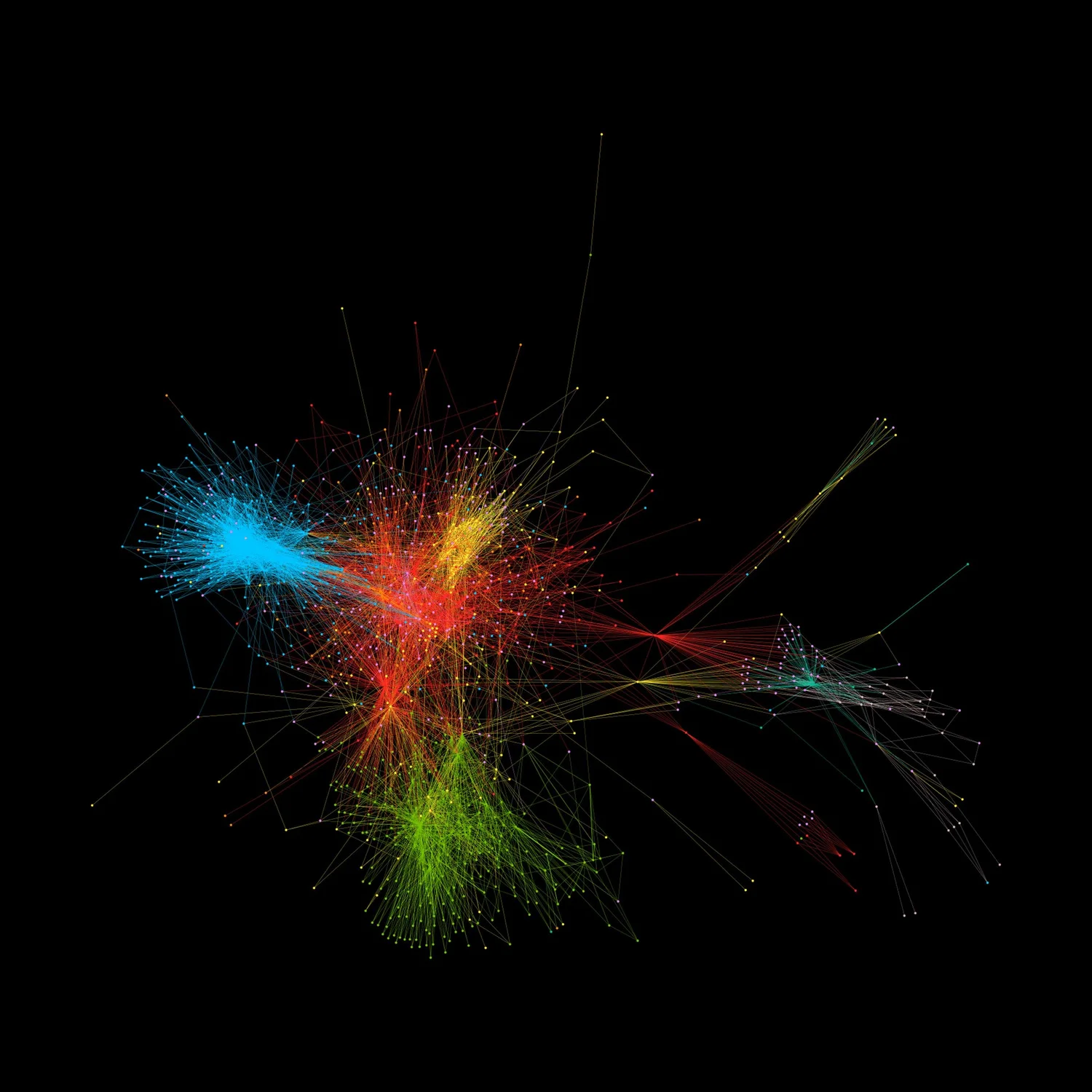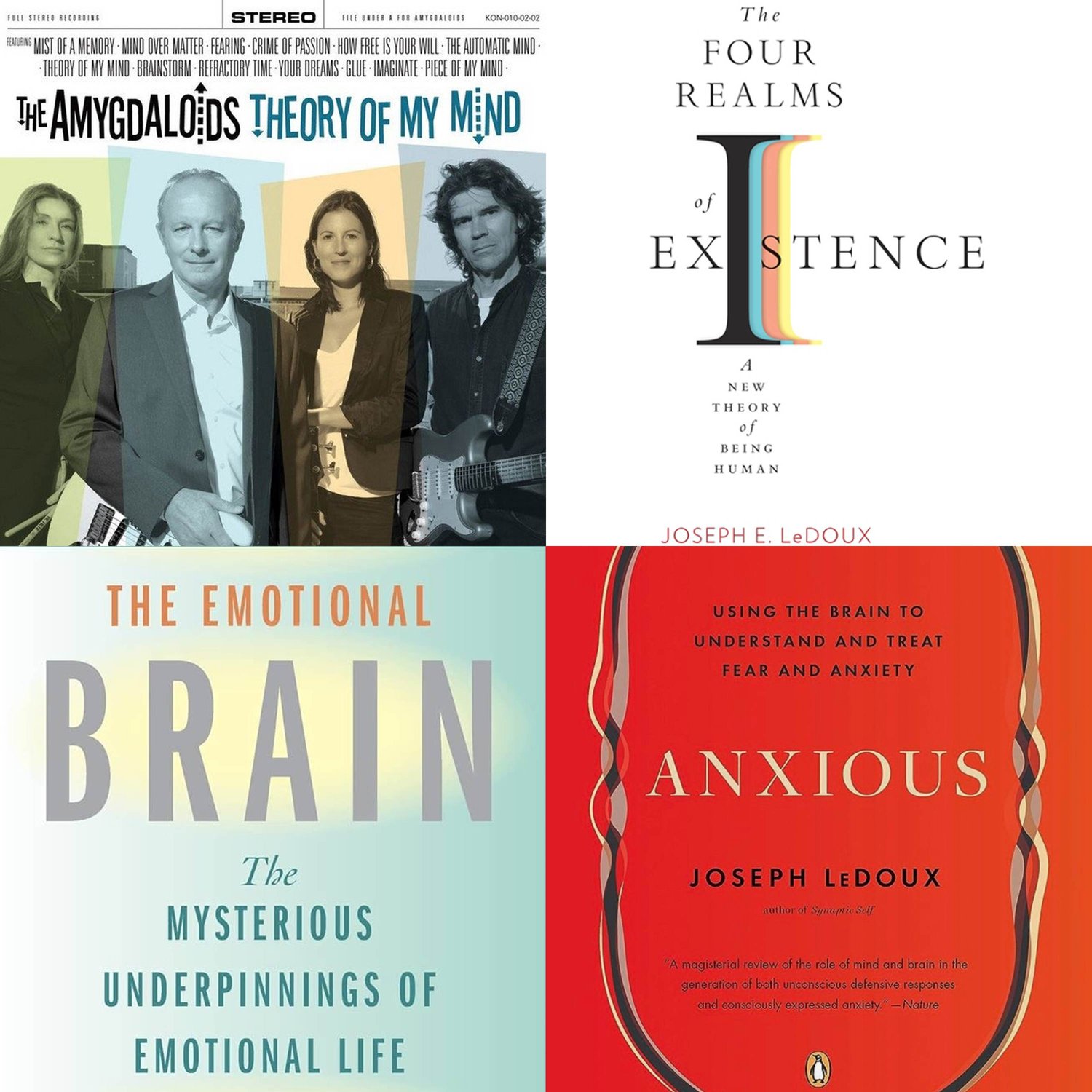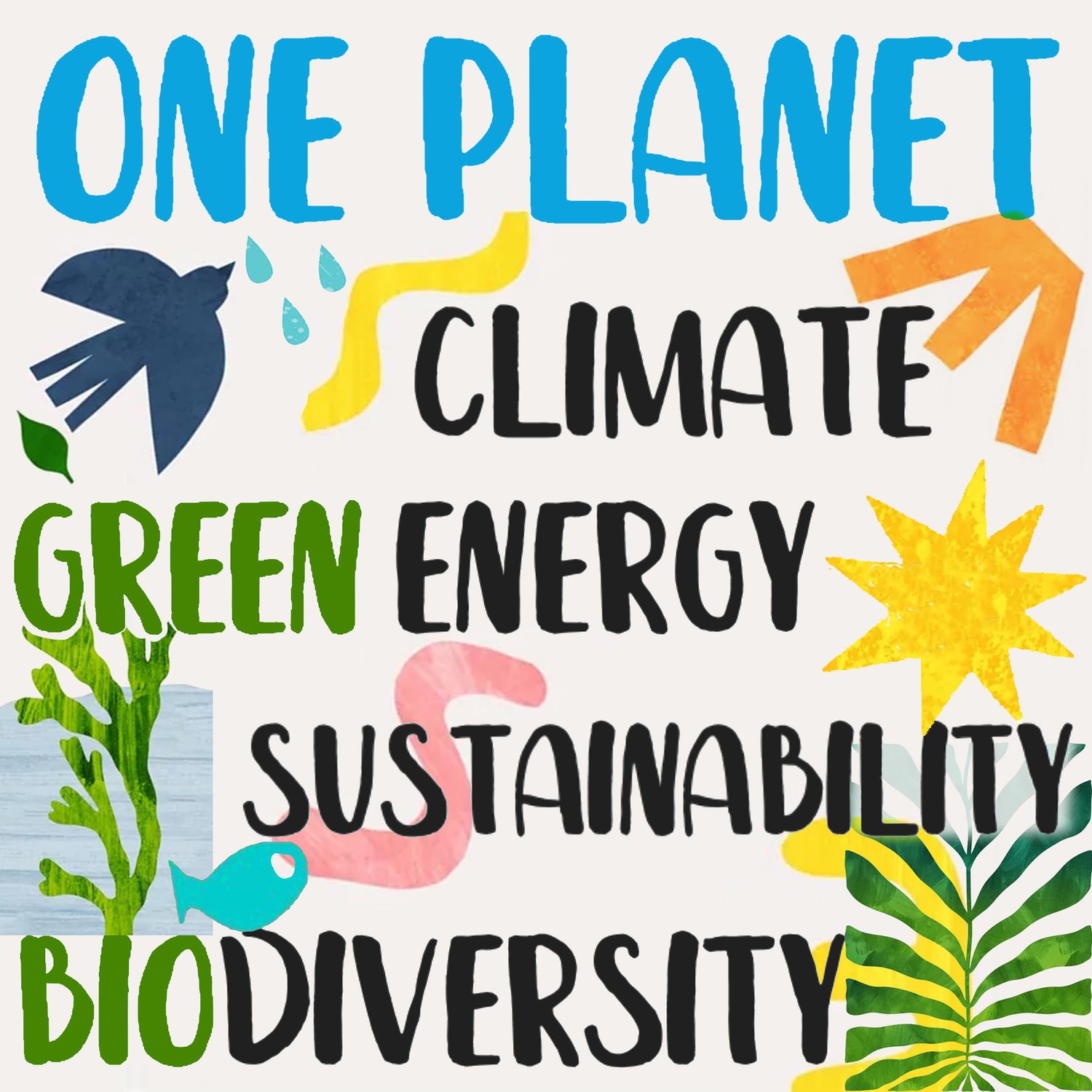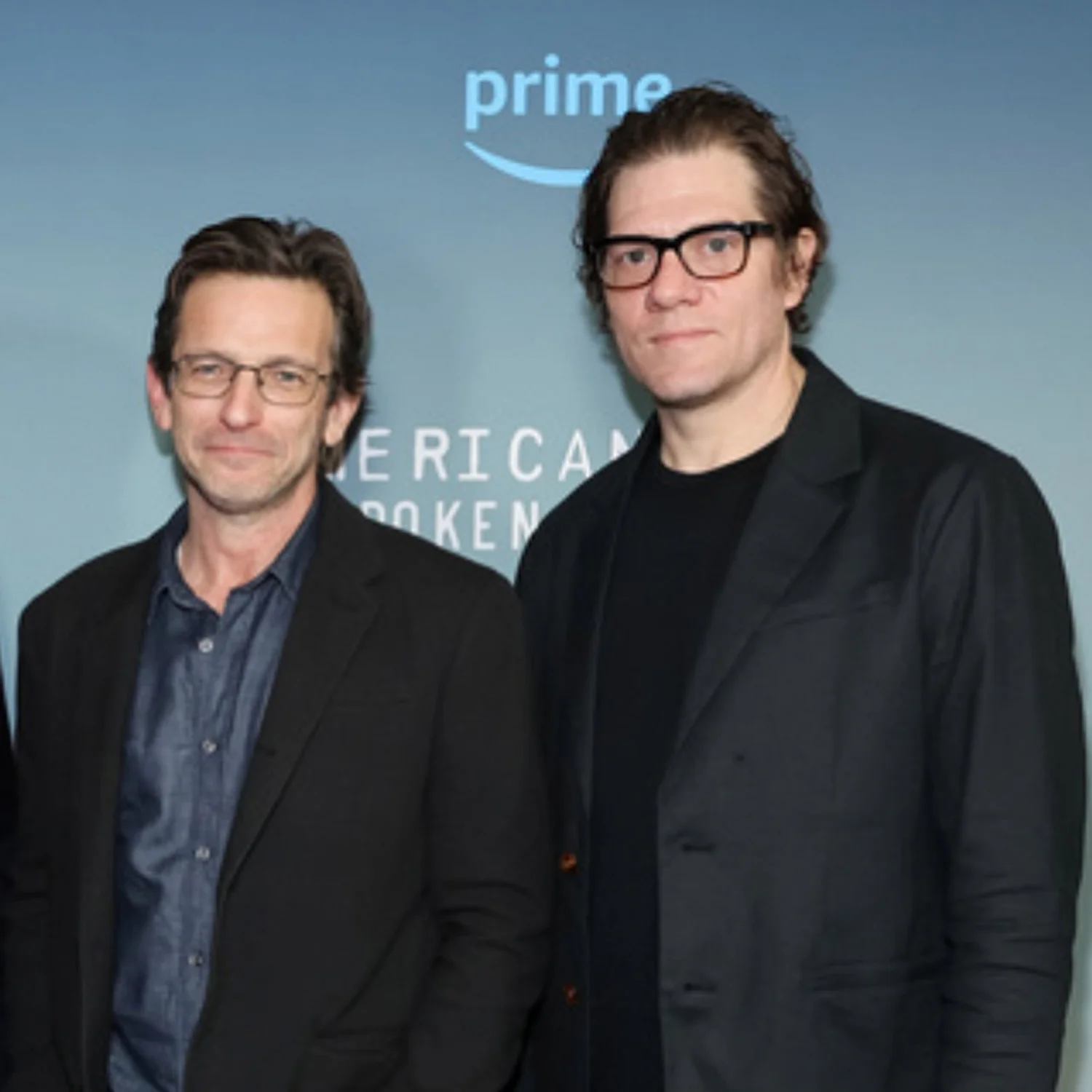How can jazz & physics help solve real world problems? - NEIL JOHNSON, Head of Dynamic Online Networks Lab
Description
"So in our projects, part of the creative process is learning how to interact with other disciplines. It’s not something academia in general does. I happen to be a saxophone player. In something like music, the richness comes from different instruments—their shortcomings and advantages combined together. My hope is that's what we end up doing in the academic field to try and address some of these messy problems.
I was my first generation going to college. There was one that stands out by miles—a teacher I had in elementary school when I was eight. He was from Jamaica and just arrived in England. He was a jazz musician. He would start off the day playing jazz. He taught math as well, but he brought in a technique, which I still use to this day, to multiply numbers together. I've never seen it taught anywhere, it was done in some kind of slanted table. We'd done multiplication the previous year and I couldn't understand it, but he drew these tables and I thought this was just remarkable. That set me off and it showed me there was this interesting thing called jazz, and you don't have to do much to actually change a lot. Passing on some idea that might be unusual, as long as you can back it up, can have a really positive benefit going forward for future generations.
I just wish I was a young scientist going into this because that's the question to answer: Why AI comes out with what it does. That's the burning question. It's like it's bigger than the origin of the universe to me as a scientist, and here's the reason why. The origin of the universe, it happened. That's why we're here. It's almost like a historical question asking why it happened. The AI future is not a historical question. It's a now and future question.”
How can physics help solve messy, real world problems? How can we embrace the possibilities of AI while limiting existential risk and abuse by bad actors?
Neil Johnson is a physics professor at George Washington University. His new initiative in Complexity and Data Science at the Dynamic Online Networks Lab combines cross-disciplinary fundamental research with data science to attack complex real-world problems. His research interests lie in the broad area of Complex Systems and ‘many-body’ out-of-equilibrium systems of collections of objects, ranging from crowds of particles to crowds of people and from environments as distinct as quantum information processing in nanostructures to the online world of collective behavior on social media. https://physics.columbian.gwu.edu/neil-johnson https://donlab.columbian.gwu.edu
www.creativeprocess.infowww.oneplanetpodcast.org IG www.instagram.com/creativeprocesspodcast
























